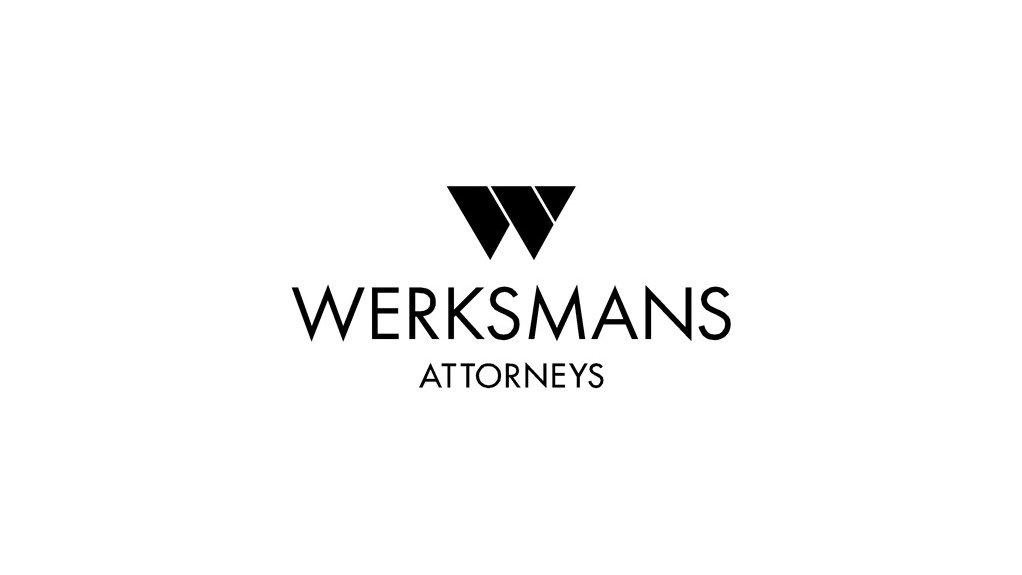The internet, once hailed as a beacon of free expression and connectivity, has become a double-edged sword, where voices can be amplified or silenced by algorithms or authoritarian regimes.
Democratic discourse lies at the heart of any free society. It’s the mechanism through which ideas are debated, policies are scrutinised, and those in power is held accountable. Cyberspace is therefore a battleground for ideas and maintaining democratic discourse online is not just be seen as a matter of preference but a fundamental human rights obligation. In this digital arena, safeguarding democratic values is not only a moral imperative but also a legal and ethical one. In cyberspace, where physical barriers dissolve, democratic discourse takes on a global dimension and presents unique challenges.
The proliferation of misinformation threatens the very fabric of democratic dialogue online.
Human rights and democratic discourse in South Africa hold significant importance. Since 1994, South Africa has made significant strides in promoting human rights and fostering democratic values. The Constitution of South Africa enshrines a wide range of fundamental human rights, including equality, dignity, freedom of expression, and the right to participate in political processes.
Democratic discourse in South Africa involves robust debates and discussions on various social, economic, and political issues. However, there have been concerns about threats to freedom of expression, media freedom, and the independence of institutions, which are essential pillars of a thriving democracy.
Civil society plays a crucial role in promoting human rights and democratic values in South Africa. Organizations such as the South African Human Rights Commission, non-governmental organisations, and grassroots movements work tirelessly to advocate for the protection of rights, hold authorities accountable, and advance social justice agendas.
Governments globally have a primary duty to respect, protect, and fulfill human rights within their jurisdiction, including in cyberspace. This entails enacting and enforcing laws that safeguard freedom of expression, ensuring access to information, and fostering an environment conducive to open debate. At the same time governments must refrain from engaging in practices that undermine democratic discourse, such as internet shutdowns, content filtering, or surveillance without legal basis.
Similarly, companies that operate in cyberspace have a responsibility to respect human rights. Social media platforms, search engines, and other online services play a significant role in shaping the digital public sphere. This calls for, amongst others. transparent content moderation policies and combatting disinformation. Algorithmic amplification or polarising content that undermines democratic dialogue, should be questioned.
Given the transnational nature of cyberspace, international cooperation is essential in protecting democratic discourse online. The question is how. Global standards that promote human rights in digital environments and includes agreements on data privacy, cybersecurity, and freedom of expression, could constitute a starting point.
The intersection of democratic discourse and cyberspace has led to litigation that have shaped the legal landscape surrounding online expression and freedom of speech. While there may not be specific cases solely focused on “democratic discourse” in cyberspace, several landmark rulings internationally have addressed related issues.
Following the 2015 data breach of the Ashley Madison extramarital affairs website, users affected by the breach filed lawsuits against the company. The Ashley Madison Data Breach litigation raised complex issues regarding privacy rights, freedom of expression, and the responsibilities of online platforms to protect user data. The case underscored the importance of protecting individuals’ privacy rights in cyberspace while also highlighting the potential consequences of online expression. It highlighted the need for robust legal frameworks to address the evolving challenges posed by digital communication platforms.
Also insightful is the Google Spain SL, Google Inc. v. Agencia Española de Protección de Datos, Mario Costeja González (2014) case, commonly referred to as the “Right to be Forgotten” case. Here the Court of Justice of the European Union (CJEU) affirmed an individual’s right to request the removal of search engine links to personal information that is inadequate, irrelevant, or outdated.
While not directly related to democratic discourse, this case raised important questions about the balance between privacy rights and freedom of expression online. It highlighted the global implications of online content regulation and the challenges of reconciling competing rights in cyberspace.
While these cases may not directly address “democratic discourse” in cyberspace, they provide important precedents and insights into the legal principles that govern online expression and communication. As cyberspace continues to evolve, legal frameworks will need to adapt to ensure that democratic values are upheld in digital environments.
In an era where the boundaries between the physical and digital worlds are increasingly blurred, protecting democratic discourse in cyberspace is paramount. Upholding human rights principles ensures that the internet remains a platform for open debate and pluralism, allowing for a digital ecosystem where freedom of expression thrives, and democracy flourishes.
Political expression in cyberspace, such as blogs, volgs, podcasts, social media could present a danger to democracy if the opportunity is there for online manipulation such as “fake news” and segmentation due to echo chamber effects[1]. The question would then arise whether there is a positive obligation on any government to guarantee at least the minimum prerequisites for democratic discourse online.
Written by Ahmore Burger-Smidt, Head of Regulatory, Werksmans
EMAIL THIS ARTICLE SAVE THIS ARTICLE ARTICLE ENQUIRY
To subscribe email subscriptions@creamermedia.co.za or click here
To advertise email advertising@creamermedia.co.za or click here











